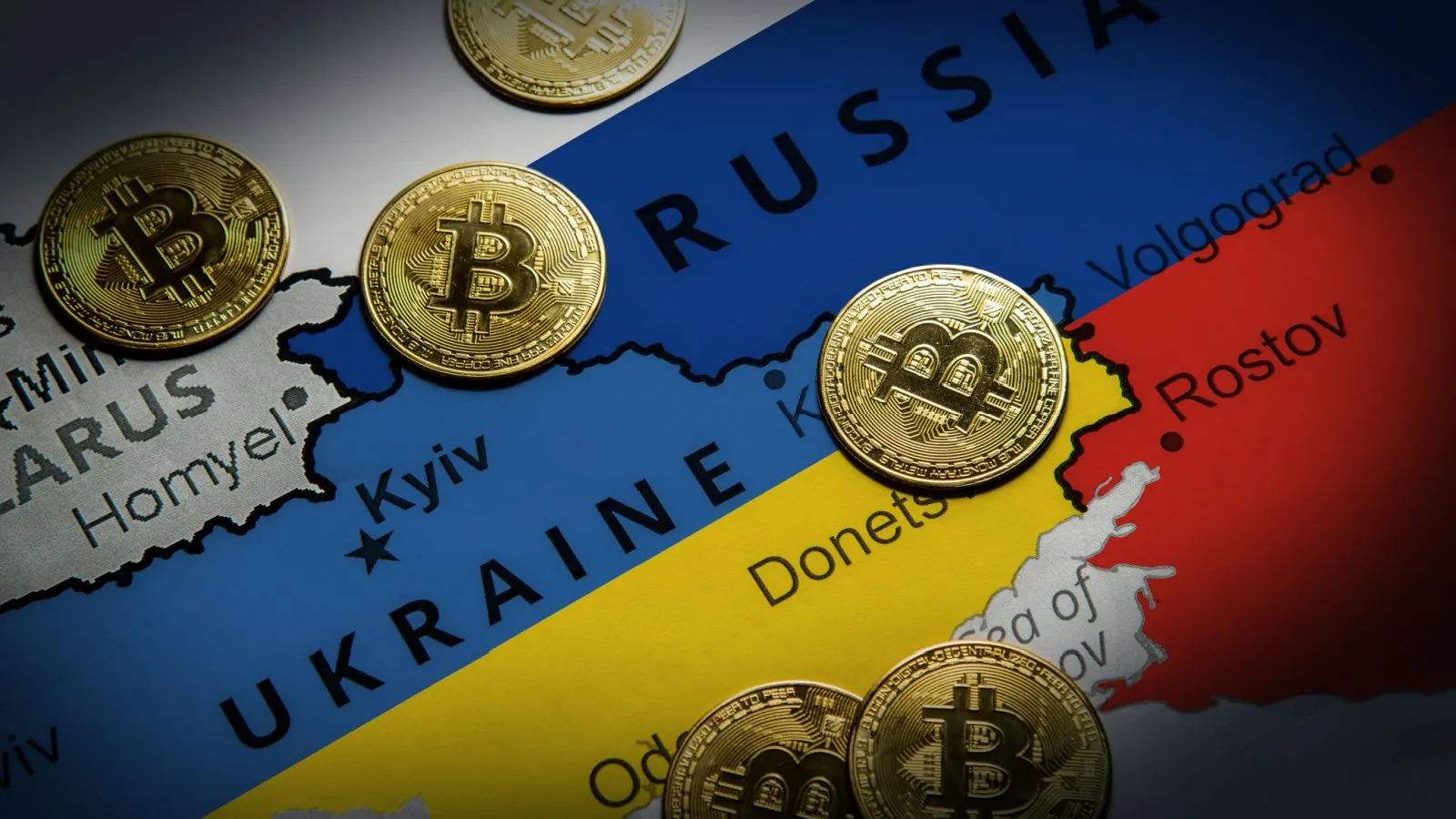Amid the ongoing Russian invasion of Ukraine, the U.S. and its private sector partners want to lend a hand to Ukrainian authorities looking to hinder Russian actors using cryptocurrencies to skirt sanctions—something European authorities have already tried to address.
Today the Internal Revenue Service’s Criminal Investigations (IRS-CI) unit and blockchain analytics firm Chainalysis kicked off an advanced, in-person blockchain analysis training in Frankfurt, Germany for Ukrainian law enforcement agencies.
IRS-CI Chief Jim Lee told Decrypt and other media outlets on a call Thursday morning that he wants to “highlight the importance of partnerships (whether private-public or public-public) and how they are critical to doing business”, adding that they are “key to unraveling complex financial transactions.”
Twenty Ukranian investigators from three different law enforcement agencies—the National Police, Economic Security Bureau, and the Department of Cyber and Information Security of the Security Service—are participating in the training to learn how to analyze blockchain data, trace cryptocurrency transactions, and develop operational leads.
“This is a step forward in building trust among different agencies and private sector companies. The more successful everyone will be if the public sector allocates the necessary resources” said Michael Gronager, co-founder and CEO of blockchain analytics company Chainalysis, the lead private sector partner.
The IRS-CI donated 15 Chainalysis Reactor licenses to Ukrainian authorities for the training.
“It is important for us to identify all Russian assets on the territory of Ukraine. We resist the aggressor state not only on the battlefield, but also on the economic front”, said Eduard Fedorov, acting director of the Economic Security Bureau of Ukraine in a press release.
According to governmental and private entities, cryptocurrencies are playing both good and bad roles in the conflict.
On one hand, pro-Russian groups are soliciting donations in crypto, with over 100 different groups receiving $5 million over the past year, although this number has been dropping in recent months.
Meanwhile, crypto assets have also been used for good, whether that is direct aid in the war effort or for humanitarian needs. Organizations and individuals in Ukraine have received more than $50 million dollars worth.
Authorities noted on the call that the majority of the transactions–both good and bad–are mostly done in Bitcoin and stablecoins, with the latter seeing a significant uptick over the recent months.

